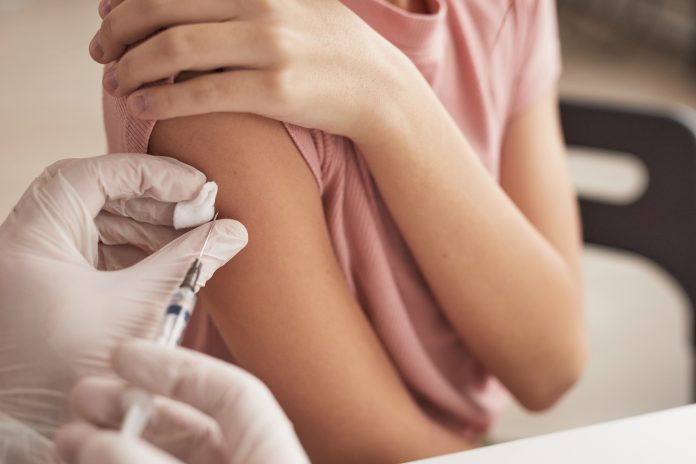University of Georgia researchers have successfully created a vaccine that protects and treats vaginal yeast infections in mice
The vaccine has previously been shown to protect against the three most common fungal pathogens in four preclinical animal models, including nonhuman primates. These three fungi are responsible for more than 80% of fatal fungal infections. The vaccine has proven successful against yeast infections in mice.
The latest finding helps clear the way for the vaccine to enter clinical trials. If successful, the vaccine will be the first to prevent pathogenic fungal infections, which the World Health Organization considers one of the top threats to public health.
“The thing that’s keeping researchers like me up at night is increasing antifungal drug resistance,” said Karen Norris, lead author of the study and a professor of immunology and translational biomedicine at the UGA College of Veterinary Medicine. Norris is also the CEO and founder of NXT Biologics, the company behind the vaccine. “It’s not a prediction. We’re living it right now.
“And we can’t just keep swinging away and trying to make new drugs to fight fungal infections because we’re going to lose. These organisms are always adapting to resist new drugs.”
The study’s findings are detailed in a paper published in Nature’s NPJ Vaccines.
Preventing yeast infections before they happen
The NXT-2 vaccine was initially tested in mice to see if it could protect against vaginal yeast infections caused by Candida albicans. The vaccinated mice had fewer fungi and showed less inflammation and tissue damage compared to mice that didn’t get the vaccine. Their immune cells were more effective at identifying and adhering to the fungal infection, thereby helping to control it more effectively. This response was aided by antibodies produced after vaccination. Overall, the study suggests that NXT-2 may be a promising approach to preventing vaginal yeast infections by enhancing the body’s natural defences.
The NXT-2 vaccine aims to prevent fungal infections and reduce the need for antifungal medicines. It will first be tested in women with recurring yeast infections in human clinical trials, also known as recurrent vulvovaginal candidiasis (RVVC). This condition affects millions of women globally and is a significant burden to healthcare services.
“RVVC is not life-threatening, but it is miserable,” Norris said. As many as one in 10 women develop the condition during their lifetime, suffering three or more yeast infections per year. “This is a huge need.”
Current treatment is a single class of drug, increasing the likelihood of resistance and making it harder to treat going forward. They also cannot be used during pregnancy and do not prevent future infections.
The Phase 1 trial will be open to young and healthy women who suffer from recurrent yeast infections, and the results will inform future trials in more vulnerable patient groups, such as transplant recipients and cancer patients who are prone to fungal infections.
“I’ve had a physician say to me, ‘I have patients that I get through stem cell transplants for their cancer treatment, and then they get aspergillosis. I often don’t have adequate treatment for that,’” Norris said. Pulmonary aspergillosis is a serious complication of this treatment, and up to half of those patients will die from the infection.
“That’s where I believe this vaccine will do the most good: in people who are at high risk for highly dangerous, life-threatening infections.”
Fungal infections are a public health threat
Fungal infections are most commonly seen in people with immune disorders, including those with uncontrolled HIV or impaired immunity from therapies like chemotherapy or anti-inflammatories. However, this at-risk population has expanded in recent years; for example, people with diabetes, chronic obstructive pulmonary disease (or COPD), or co-infections such as COVID-19, tuberculosis or flu are likewise at higher risk of developing fungal infections.
This is the first fungal vaccine to have demonstrated broad, cross-protective antifungal immunity in multiple animal models, which bodes well for future clinical trials.











